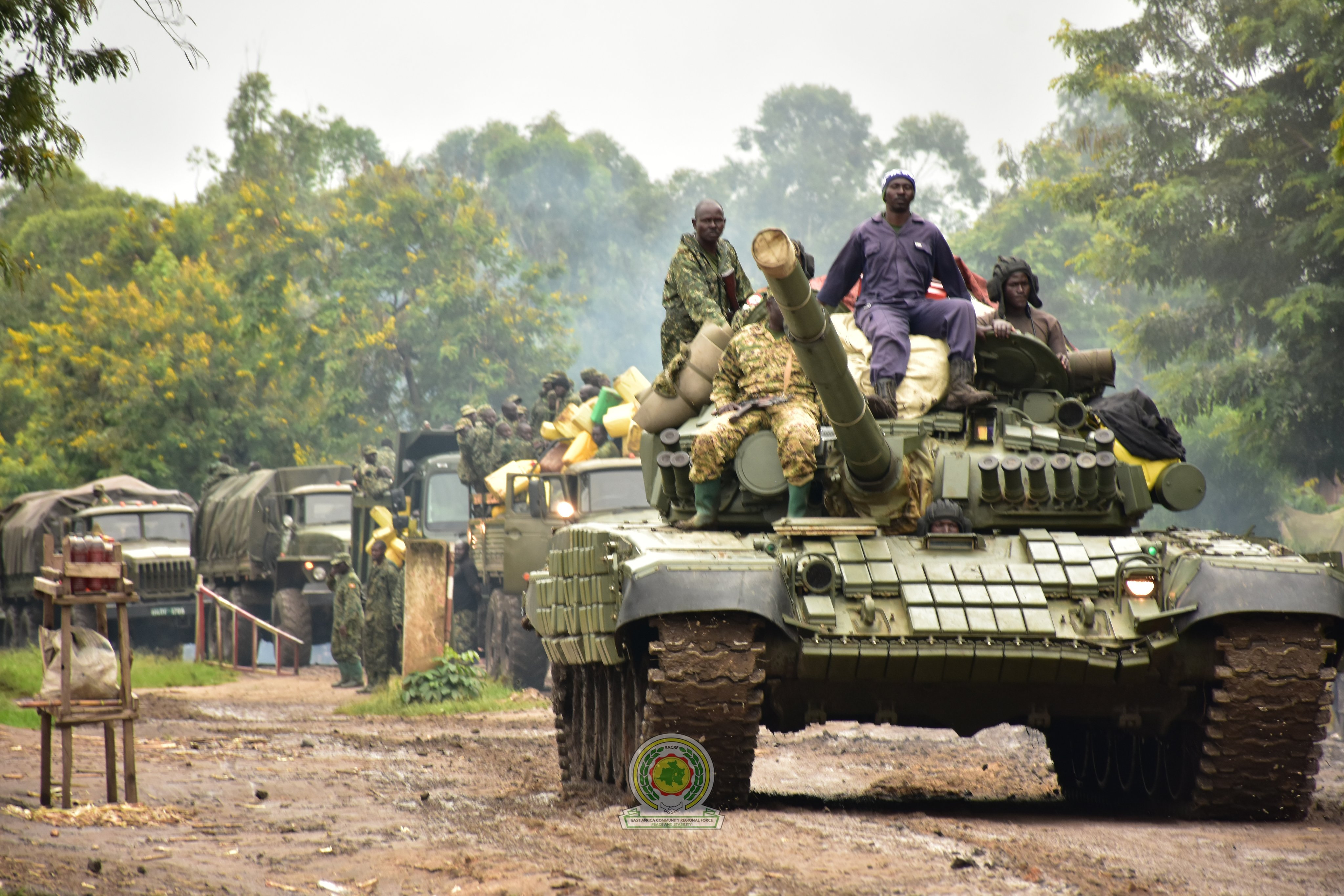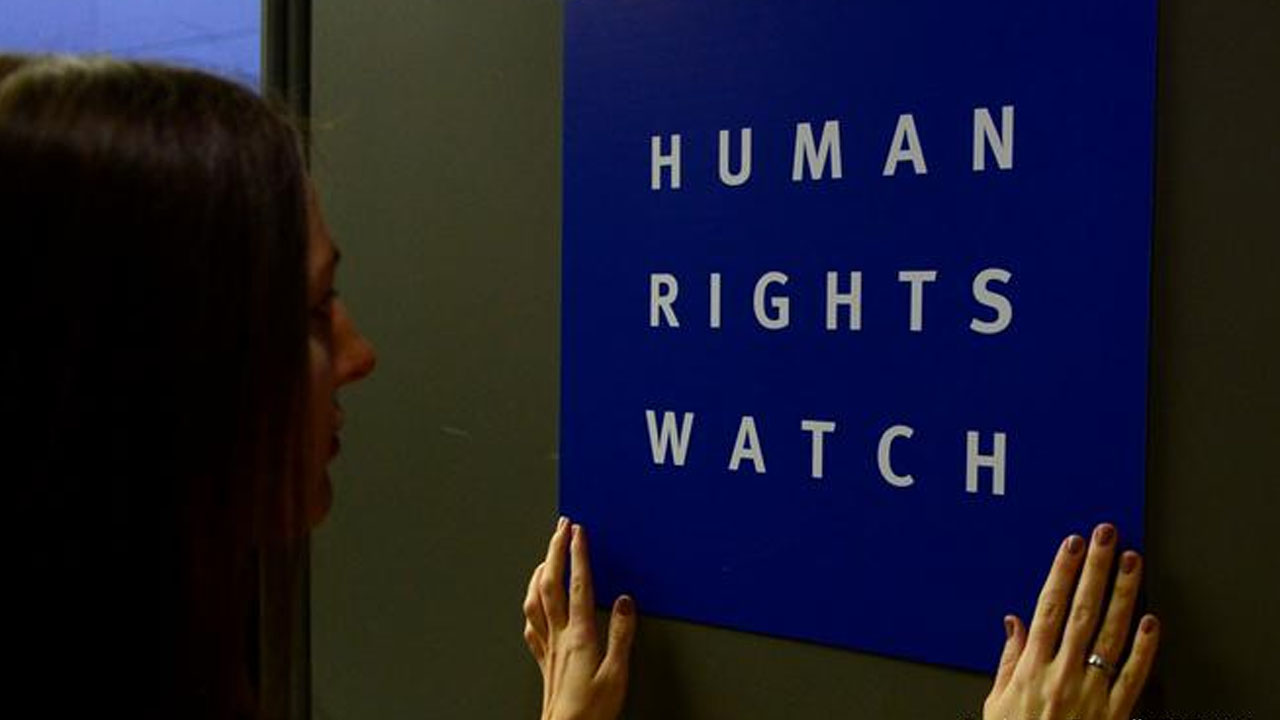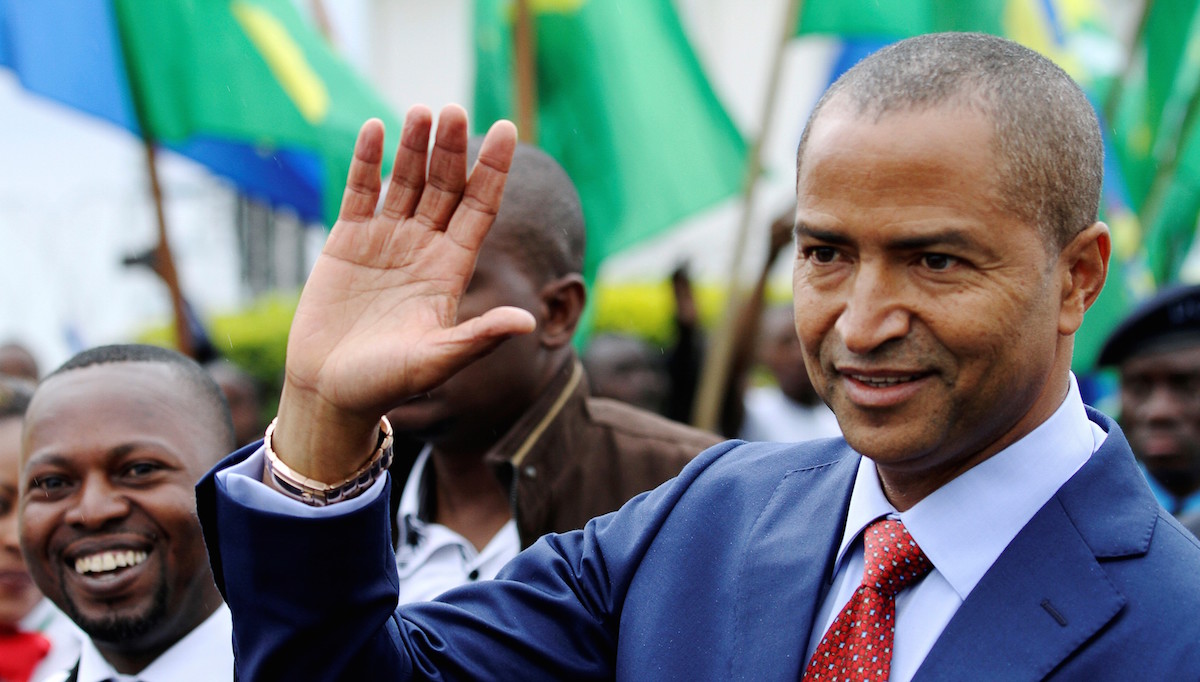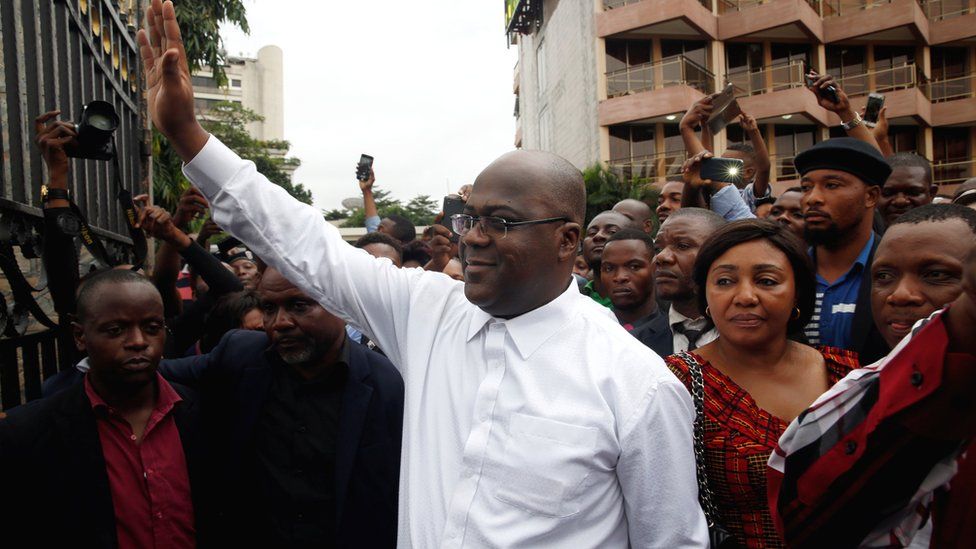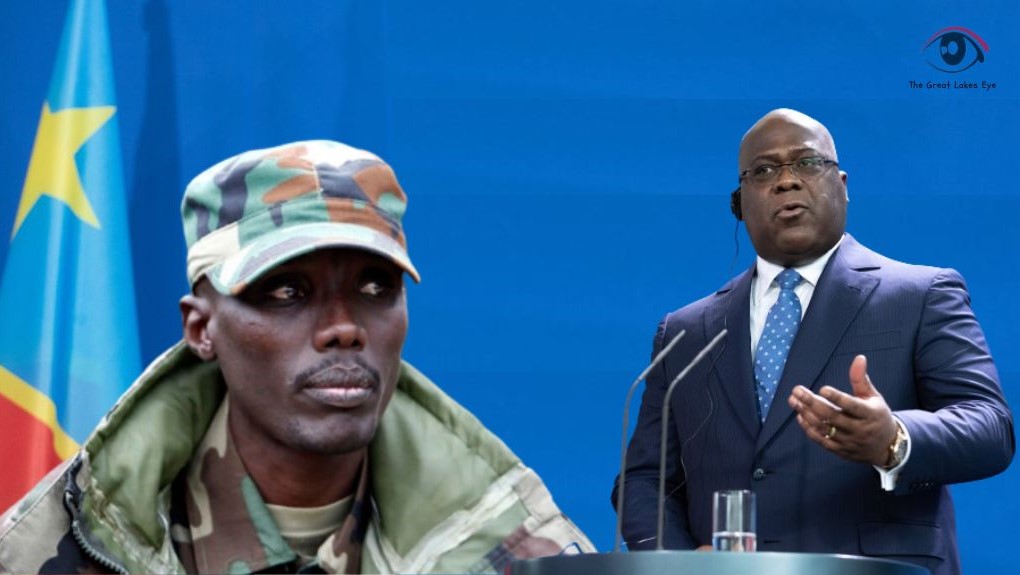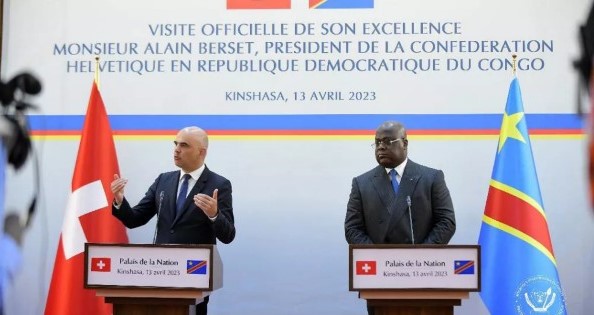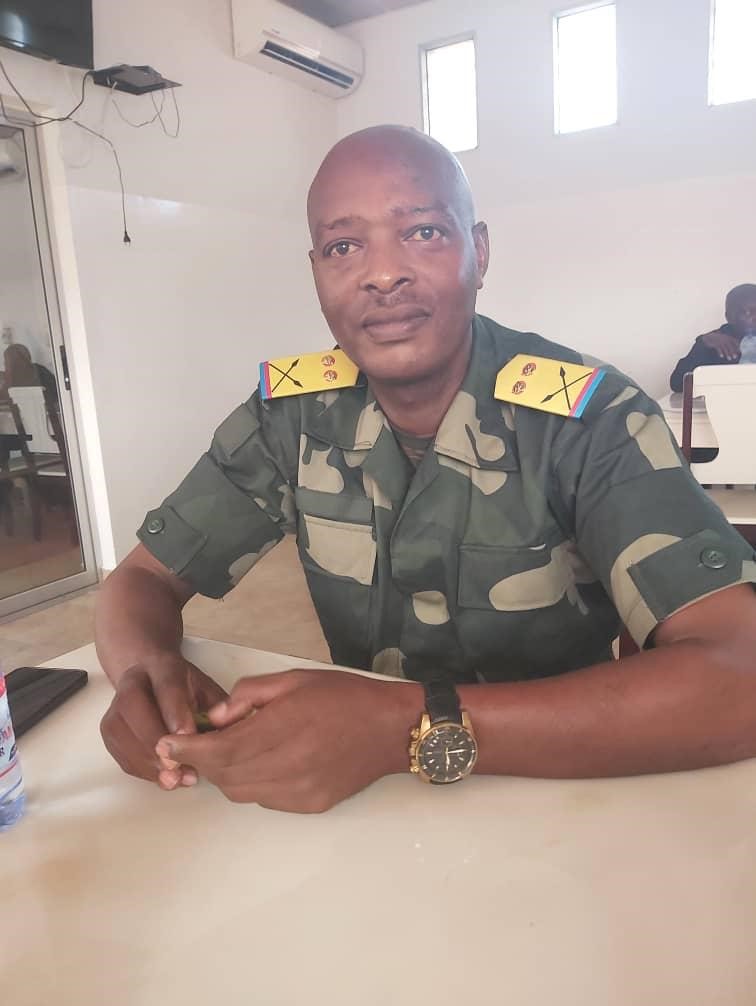Regional
Will Tshisekedi listen to Ramaphosa, dialogue with M23?
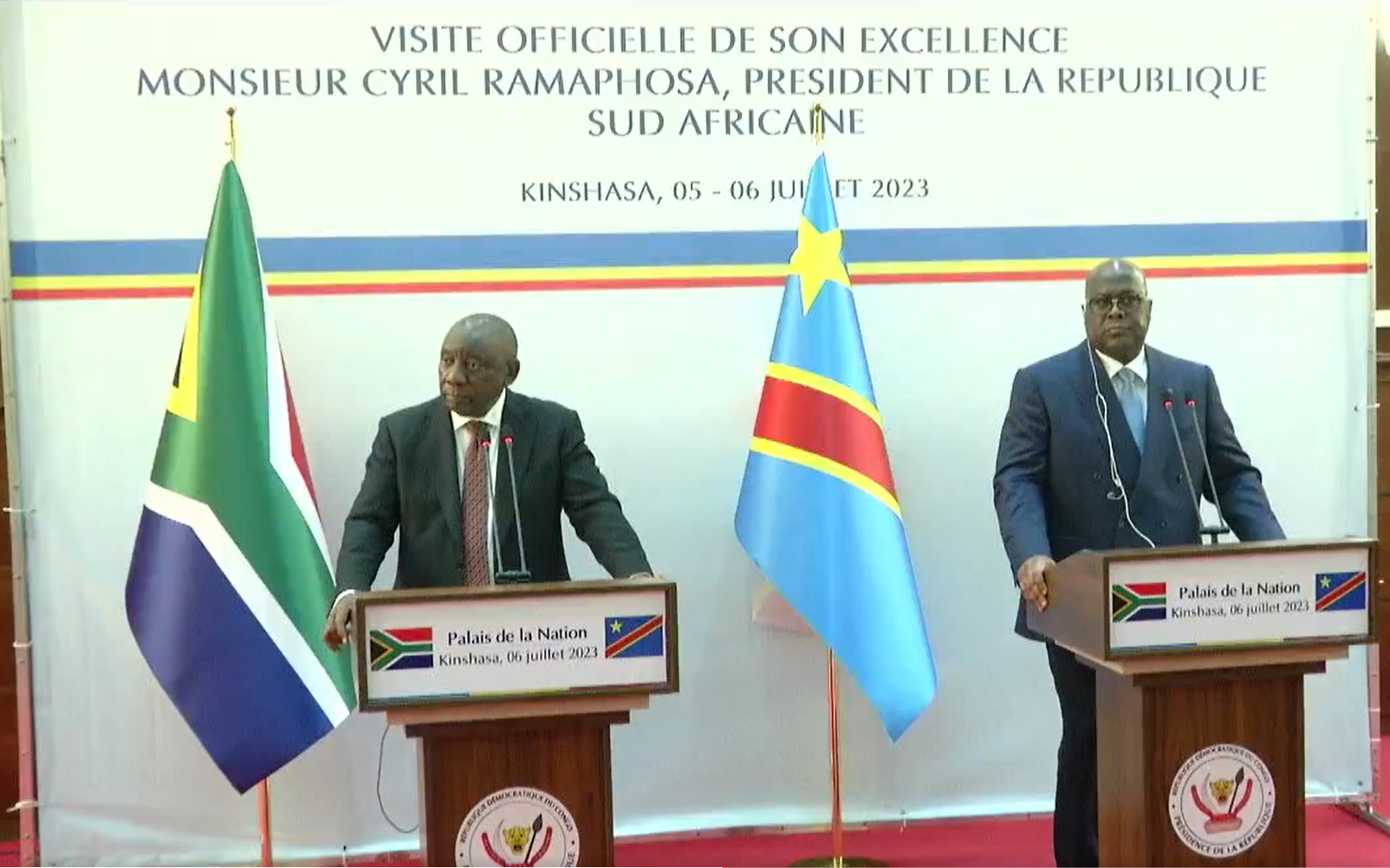
While in
Kinshasa, South African President Cyril Ramaphosa emphasized
that dialogue is the best way to end the long lasting conflict in the eastern
part of the Democratic Republic of Congo.
“We shared our common view on the resolution of conflicts not
only on our continent but globally as well. We agreed that the best way that is
tried and tested of resolving conflicts is still dialogue, through when people
sit down and are able to find ways of negotiating,” Ramaphosa stated.
The South African President was speaking to the press alongside his
Congolese counterpart Félix Tshisekedi on July 6, in Kinshasa, during his
two-day official visit in the vast country.
Ramaphosa recalled that different initiatives by regional blocs,
and the Africa Union, stressed on dialogues and negotiations between concerned
parties as the suitable way of halting insecurity in DRC, mainly in its eastern
part where more than 130 armed groups have found a safe haven.
Unfortunately, Kinshasa continues to turn a deaf ear. Tshisekedi
refused to dialogue with the M23 rebels who resurfaced in late 2021 after the Congolese
government failed to implement several agreements signed with the rebels in the
past.
The M23 rebels are referred to as “terrorists” by Tshisekedi who
wants to tarnish their image, and hence exclude them in any kind of dialogue
for peace.
In the Nairobi Peace Process that focuses on ending hostilities,
Kinshasa invited only armed groups that support its national army in fighting
against the M23. Congolese officials only prefer military action against the M23 but that is contrary to solutions proposed
by Ramaphosa and other regional leaders.
In late June, former Kenyan President Uhuru Kenyatta, facilitator
of the Nairobi Peace Process, called on various parties to the conflict in
eastern DRC to embrace dialogue in order to achieve lasting peace in the
troubled region.
Speaking in Nairobi after meeting with stakeholders on the
cantonment matters in North Kivu province, Kenyatta said: “We must ensure that
all parties are adequately consulted and reach an agreement regarding this
crucial stage.”
Kenyatta stated that cantonment is a sensitive aspect of the
peace restoration process that requires transparency, open consultation and
stakeholder dialogue.
“It is imperative to address all necessary technical and
logistical matters, including establishing open and indirect lines of dialogue
and consultation with the armed groups we aim to canton,” he added.
The M23 is one of the armed groups to be cantoned, and during
the third round of Nairobi talks, many regional leaders suggested urgent need
for their inclusivity in dialogue.
"We are here to emphasize the urgent need for dialogue,
de-escalation and to encourage and facilitate every actor to intensify their
pursuit through the effective engagement of regional and international dispute
resolution mechanisms,” Kenyan President William Ruto said.
Ugandan President Yoweri Museveni said that DRC’s problems can
be solved but all communities must be involved in the peace process.
“The peaceful solution should be the outcome of that dialogue
but the victim communities and the refugees should also be consulted,” Museveni
said.
An extraordinary summit of East African leaders convened in
Bujumbura in February also highlighted the need for enhanced dialogue among all
the parties.
Despite all the arguments suggesting inclusive dialogue as the best
way of dealing with the security crisis in eastern DRC, Tshisekedi shows no
will to act accordingly.
In May, Tshisekedi threatened to expel the EAC force accusing them of not fighting the M23. The
Congolese president said that the Southern African Development Community troops
could be deployed any time to satisfy his wishes and ambitions.
If Tshisekedi could listen to the advice given by Ramaphosa and
other leaders, the region would have lasting peace.



